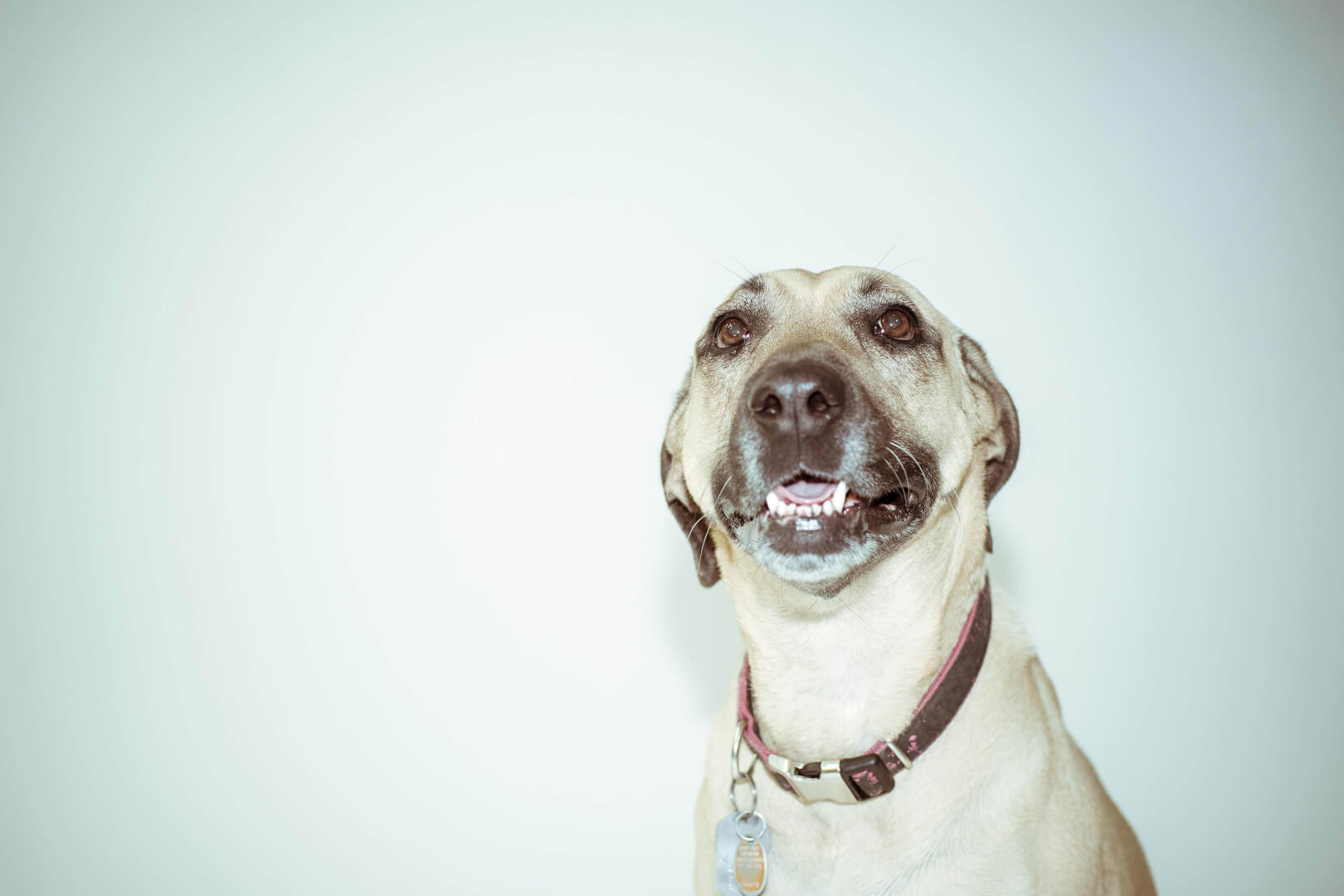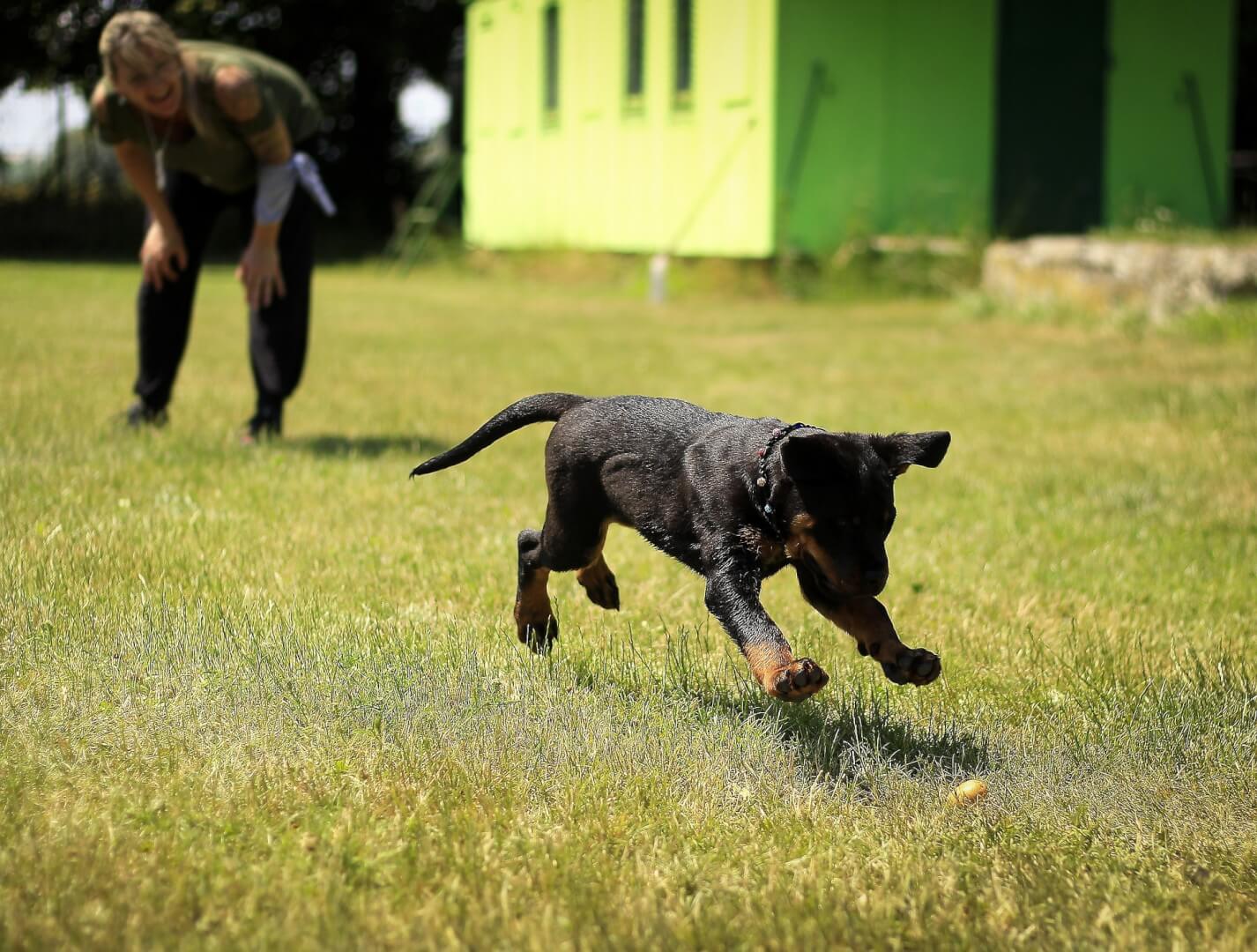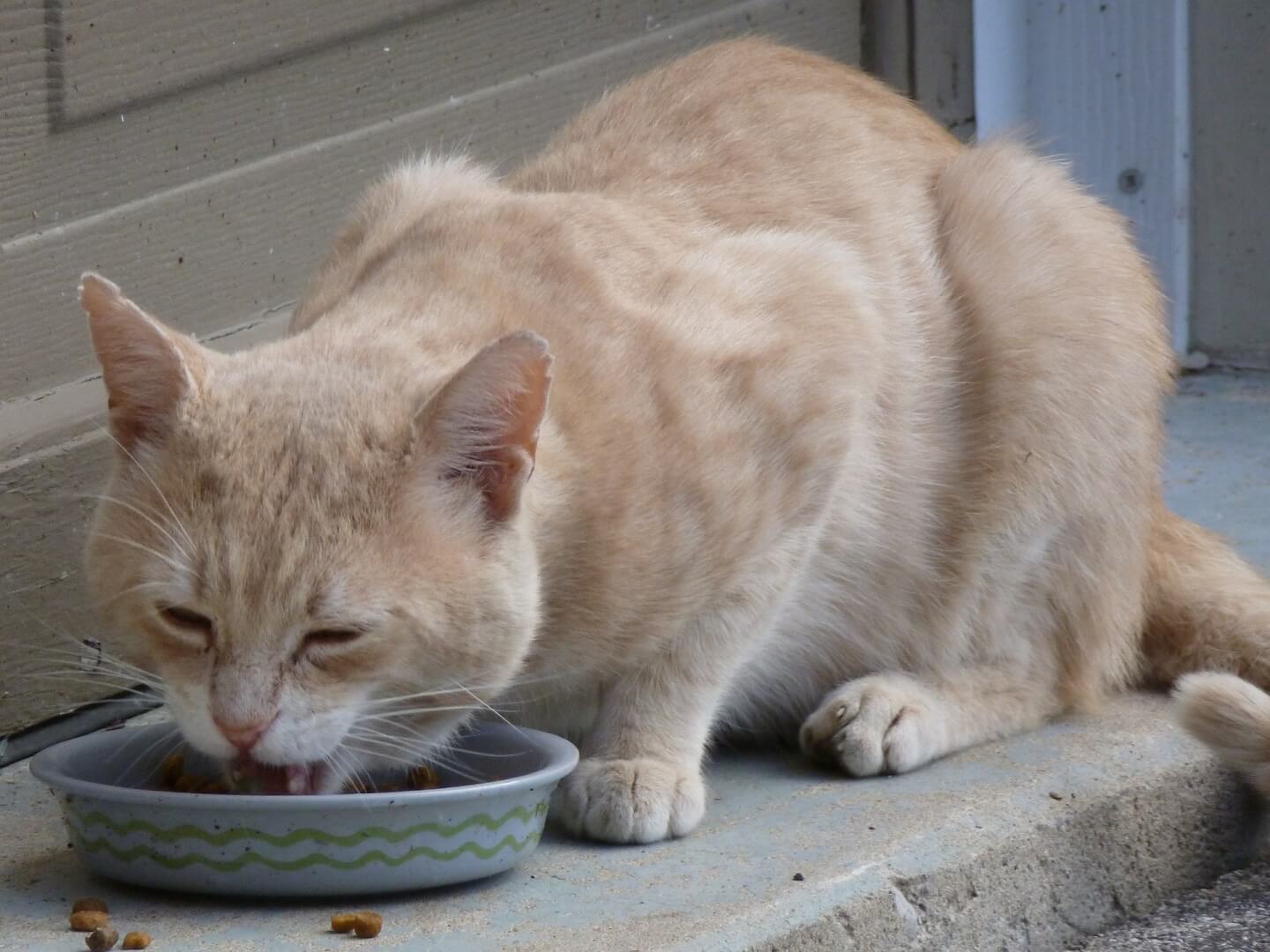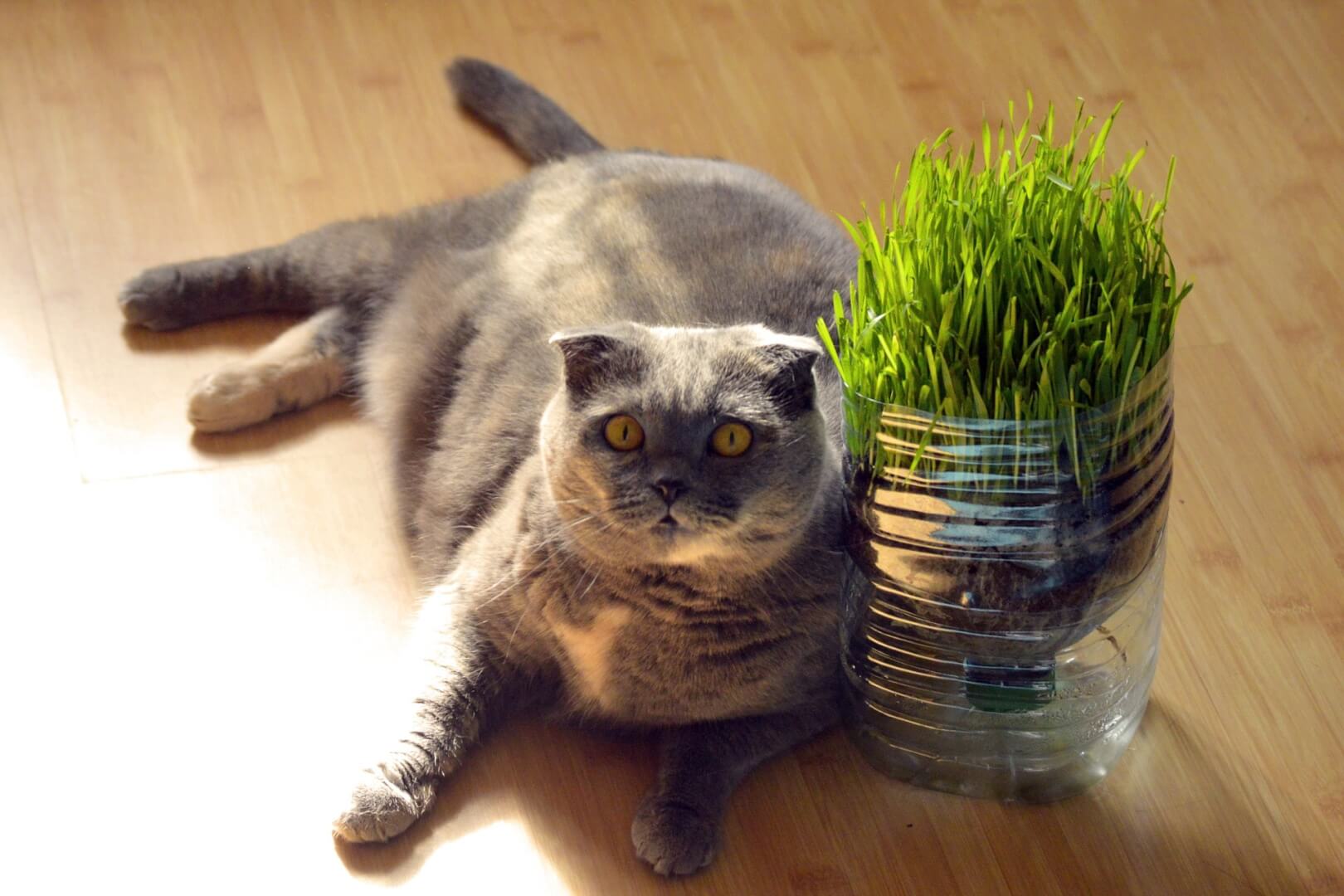We may have been raised with pets. But being exposed to them at a young age and being responsible for their health and happiness are two entirely different matters.
If you are thinking about getting a cat or dog companion and may be new to the realm of pet parenting, then check out these common mistakes new pet parents make.
You won’t be sorry.
Contents
Mistakes New Pet Dog Parents Make
Most dogs were made to be (wo)man’s best friend.
They are loyal, are always happy to see us and just want to be by our sides every minute of the day.
However, even though they’re eager-to-please, there are still things we as pet parents need to do (and not do) to ensure they become the best dog they can be.
The following points are some common areas people tend to make mistakes at:
Going on looks over personality
It’s easy to get lost in the adorable looks of a puppy. However, ignoring the personality traits of each specific breed is a common mistake.
For example, folks that tend to be less active are soon going to find out that sweet little Border Collie or Beagle pup needs to be walked and played with on a consistent basis.
Be sure to do some basic research on any breed you may be interested in to be sure its personality suits your lifestyle.

Thinking that their personalities are set for life
Defining a dog’s personality as a puppy is not what it will have as an adult.
Puppies go through many stages while aging and many of those changes are related to their environment (how they’re being treated, trained etc.).
Another common error made by new pet parents is believing a fearful or stressed dog in a shelter will remain so. Dogs that end up in shelters are oftentimes coming out of an abandonment, neglect or abusive situation, others may have been left on the streets to fend for themselves.
These dogs can be “rehabilitated” but it will take time, patience and lots of love.
Just look at these cuties at the animal shelter and tell us that they can’t behave well:
Not setting house rules
Both dogs and puppies need to learn the rules of the home. This will take you and your family members defining these rules before the dog comes in,
This will take you and your family members defining these rules before the dog comes in, then following them with consistency.
Many pet parents allow a new pup to start a bad habit in the beginning, only to change their minds at a later date.
Puppies and dogs will be confused by this action, so be sure to start out with defined rules and carry through with them so your dog will not be set up for failure.
It’s too young to begin training
Most puppies are not released to a new owner before eight weeks of age. This is not too young to begin basic training like walking on a leash and learning simple commands like “sit.”
Puppies are fully capable of learning new tasks and should be taught with positive reinforcement and small treat rewards.

By nature, dogs are packing animals and enjoy the company of other dogs.
However, if you fail to allow your dog to socialize with other canines, people and new situations, there’s a better chance that he or she will grow up to be fearful or even aggressive when presented with a perceived “uncomfortable” circumstance.
Let your puppy get to know new dogs and people in a safe and controlled manner.
This creates a positive experience for your pooch, so he or she will want to do it again.
Recognizing fear
Another common mistake pet parents make is not recognizing fear in their puppy or dog. Fear can manifest itself as stubbornness or a reluctance to move when on a leash.
However, pushing your dog to do something will only create more fear and anxiety, which could lead to fear-biting. If your pooch is showing signs of fear, back off from the situation and reassure him with soothing tones that all is well.
If the fear continues, you may have to seek professional training to help guide your dog through the emotion.
Mistakes New Pet Cat Parents Make
Even though many newbies to the pet world may consider felines to be “easier” than dogs to pet parent, cats are still creatures that have their own set of “rules” that should be taken into consideration. The following tips are a good guide to keep in mind to avoid the pitfalls of caring for a cat.
Dog products are not good for cats
From food, treats to toys, products designed for dogs simply will not do for the feline species.
Cats need specific nutritional components not found in dog food or treats, and your cat will most likely not play with a dog toy. Be sure to only buy species-specific merchandise for your feline friend.
And if you’re looking for some cat food right now, you can easily Save up to $5 on entire stock of Wellness Dry Cat Food.
Litter box upkeep
Cats are known for their cleanliness.
Allowing your litter box or tray to become filthy and low on cat litter may lead your pet to find somewhere else to relieve herself. Be sure to scoop the used litter each day and replenish with clean litter when needed.
No Human medications allowed
Never treat your cat with human medicine.
The cat’s system is vastly different from ours. By using a human form of any pill or drop could lead to further complications or even death.
Obesity
Overfeeding your cat or allowing them to free-feed when they are gluttonous will lead to obesity and many health problems down-the-road.
If your cat tends to pack-on-the-pounds, switch to a high-quality, lower calorie dry food and try to promote exercise by engaging your cat in play.
Grooming is also up to you
Cats are known for grooming themselves, but they still need your help by trimming those nails, brushing the teeth and consistent brushing.
Veterinary Care
We may think our purely indoor cat doesn’t need to see a vet, but this is false. Taking your cat for its annual vaccinations and check up can help prevent many diseases before they occur.
A dry kibble diet only
Cats are carnivores by nature and will not flourish on a low-quality dry kibble diet only. They also need moisture in their daily nutritional intake.
Buy the best possible food you can afford and mix in some cat canned food for moisture and protein boost. Avoid foods that use corn, gluten, wheat or oats in the first few ingredients on the label.
These are pure fillers that offer no benefits to a feline.
Be sure to feed your cat well with BOGO 50% Medium bags of Purina ONE Cat Food!

Know your feline
Cats have different personalities, which is extremely important to know. A change in your pet’s behavior can be the first indication of a problem.
If your feline is usually active but becomes stoic, don’t assume this is a “normal cat personality trait.” Any odd behavior could be a sign of an underlying problem that may require a veterinarian’s attention.
Pet Parenting Takes Practice
Everyone needs to start somewhere when it comes to being the best pet parent possible. Learn from these common errors and even the ones you may make along the way.
Dogs and cats are usually very resilient and forgiving so don’t be too hard on yourself. Move forward armed with the knowledge you need to become a pet parent pro.

 Eesti
Eesti Русский
Русский English
English Lietuviškai
Lietuviškai Latviešu
Latviešu Română
Română македонски јазик
македонски јазик Српски језик
Српски језик Español
Español ქართული
ქართული Magyar
Magyar Hrvatski
Hrvatski Tiếng Việt
Tiếng Việt Suomi
Suomi Deutsch
Deutsch Italiano
Italiano Português
Português